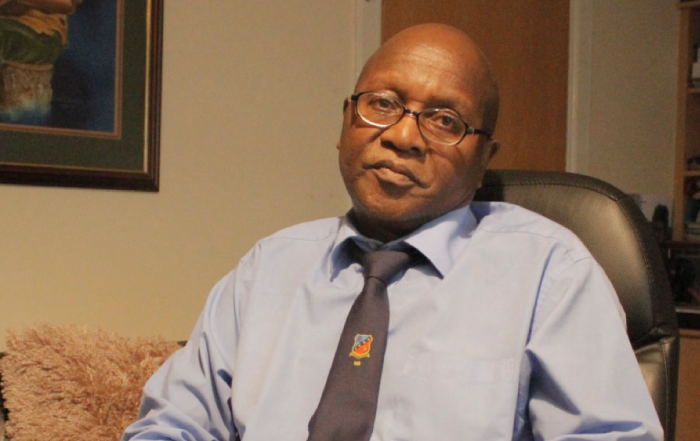‘Autocracies entrenched in Malawi’
Political and governance experts say Malawi’s post-Hastings Kamuzu Banda era has been characterised by elected autocracies rather than the expected elected democracies.
This, according to a new book ‘Beyond Impunity: New Directions for Governance in Malawi’ is orchestrated by economic muscle of political actors.

The book is part of a peer-reviewed publication on ‘Years of Governance Strengthening’ put together by the Scotland Malawi Partnership (SMP) and the Malawi Scotland Partnership (MaSP).
Speaking during a webinar on Wednesday, John Lwanda, a Malawian academic based in the United Kingdom, presented his co-written chapter: ‘The Fate of Opposition in Multiparty Malawi (1994 -2020),’ said one of the limiting factors in the transition to participatory democracy in Malawi is the failure of independent and sustainable cadres of young politicians to emerge.
He said: “This is caused by the role that money, generated via the informal economy, plays in Malawian politics. The money is channelled into politics via achikulire [neo-patrimonial patrons or ‘big men’], usually without party accountability.”
He said this factor may be more critical in retarding the development of participatory democracy than social structure, ethnicity, religion, donors or other aspects of political dynamics.
Another academic Mphatso Phiri presented on ‘Executive Supremacy and the Armed Forces: A Case Study of Public Finance Management in Malawi’, which considers the extent to which public finance management in the Malawi Defence Force has adhered to principles of good governance.
The final webinar will be held on May 25, and will explore a number of key governance themes, including ethnicity and regionalism.





